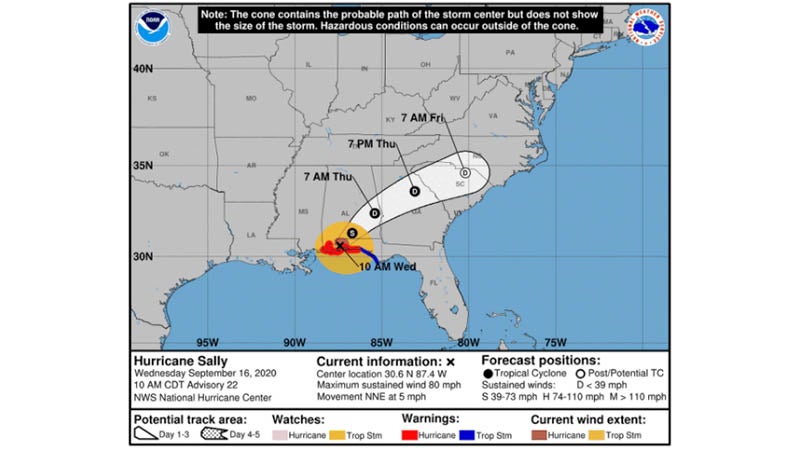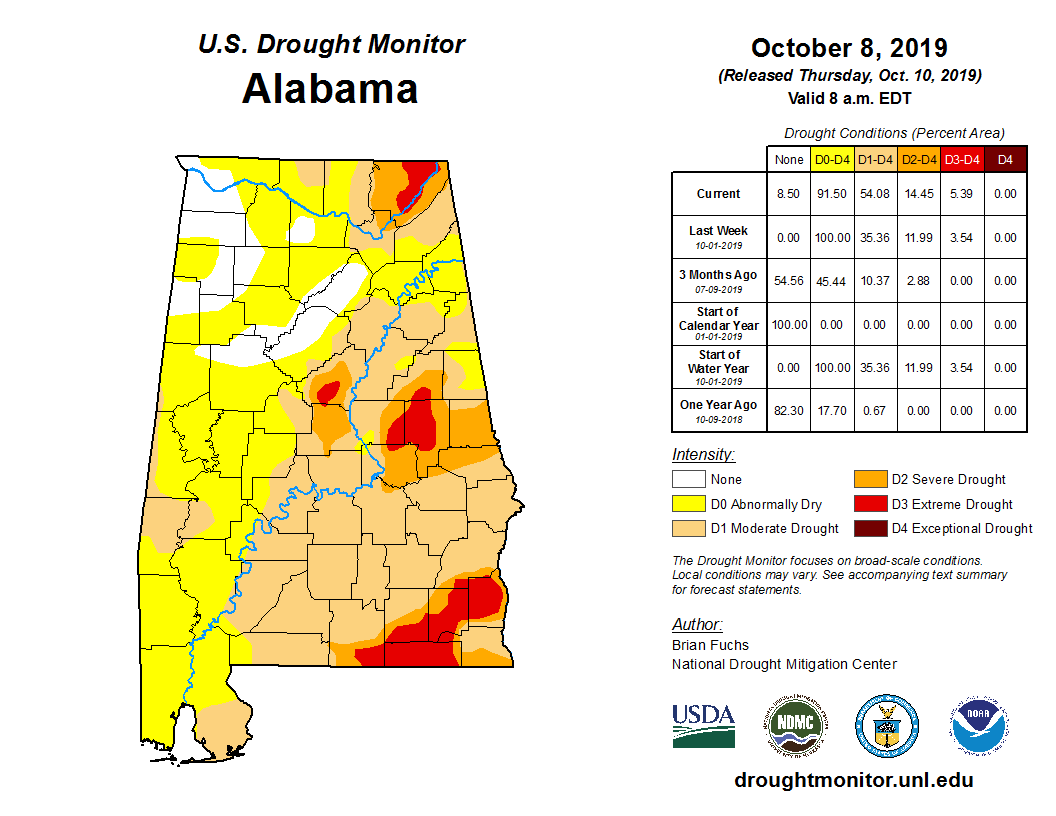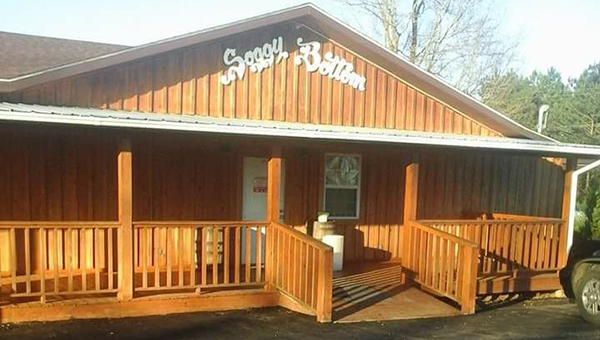JFK: 50 years after Dallas
Published 12:00 am Saturday, November 23, 2013
“Within thirty minutes after news of President Kennedy’s assassination reached Andalusia, American flags were flying at half mast.”
Those words began the article in The Star-News, written by Ed Dannelly, in the Nov. 28, 1963 edition, six days after the president was killed in Dallas.
Friday, on the 50th anniversary of Kennedy’s death, people around the nation looked back at where they were when they heard the news, and in the Andalusia area, it was no different.
Angie Sasser, of Andalusia, said she was only a child when she heard Kennedy had been shot.
“I was in the fourth grade,” Sasser recalled. “A darkness settled on the country and our innocence was wiped away. Watching Jackie and the kids go through such sorrow in front of a grieving nation was heart wrenching. Everything was in black and white on TV, which added to the gloom. Then, soon afterward, Ruby shot Oswald on TV in front of our eyes. Quite a lot for a nine-year-old to witness.”
Lorene Thompson, of Florala, said Kennedy’s death was a turning point for America.
“His death absolutely changed the landscape of our country,” she said. “His love of country and his values were lost somewhere in history on that dreadful day. Yes, our lifestyle, as we know it, was changed and never to be returned.”
Debi Hergett, of Florala, said she was teenager in 1963, and witnessed America change on her television.
“I remember it all too well,” Hergett said. “I was 14 and had stayed home with my grandmother that day from school. We were in the kitchen making cookies when the news came on the radio. Sad day. The school closed the day of the funeral, and I think I watched TV all day to see everything that went on.”
While the nation mourned Kennedy’s death, Nancy Folmar Blackmon, who was only a child in 1963, said many of her classmates were confused about how to feel after hearing their parents rail against the president’s policies.
“At home, and when I was around grownups talking politics, I, and other kids my age, heard comments about President Kennedy,” Blackmon recalled. “I remember, during his campaign, there was talk about him being a Catholic, and I got the feeling that was a big deal, and not in a good way.”
Blackmon said, while she knows her parents and other adults wished no ill will towards the Kennedy family, their discussions confused and misled many of the children.
“Adults had lots to say about what was going on in Washington, and not unlike today, folks around here were not happy with the administration back in 1963,” Blackmon said. “For the most part, we kids felt our parents would be happier if the president wasn’t the president.
There was a lot we didn’t understand at that moment in time 50 years ago.”
Blackmon said the confusion children picked up from their parents’ derision led to a reaction she will never forget in an elementary classroom on the afternoon of Nov. 22, 1963.
“I don’t remember exactly what the principal said, but it was something like, ‘May I have your attention? We just learned that President Kennedy was shot today in Dallas.’ What happened next is clear in my memory, but something most people don’t want to hear, and probably most of those who were in that classroom won’t admit. For a moment after that announcement, students in unison said ‘Yea.’ It wasn’t exactly a cheer, but something close.”
Across the country in New York, current Florala councilwoman Hazel Lee was in college when Kennedy was killed.
“I remember the day,” Lee said. “I was a student at the City College of New York. I saw all of these people gathering together, some with looks of total surprise and anguish. I walked over to find out what was wrong and one said, ‘They shot Kennedy! They shot the President!’”
A half-century later, a generation that has never known Kennedy from anything other than old news reels, can still listen to first-hand accounts of a day that shook America to its foundation.
Blackmon, who recalled an uglier side of the days following the assassination, said Americans today can learn a lot from the Americans of 1963.
“I’ve heard people call that day the death of innocence in our country and maybe that is true,” Blackmon said. “For me, a young girl one the edge of becoming a teenager, it was a moment that changed how I looked at many things. Now, years later, I also understand it matters what we say about our leaders around our children. I know how vital it is to let them know opposing the ideas or beliefs a person holds does not mean we don’t respect that person as a human being. We don’t hate people, including our president, simply because we don’t agree with them, and our children need to see us demonstrate that with our words and deeds.”
Blackmon said, perhaps Kennedy himself said it best.
“If we cannot now end our differences, at least we can help make the world safe for diversity,” he once said.
In 2013, 50 years after his death, Kennedy’s words and life still appear to resonate in America.





